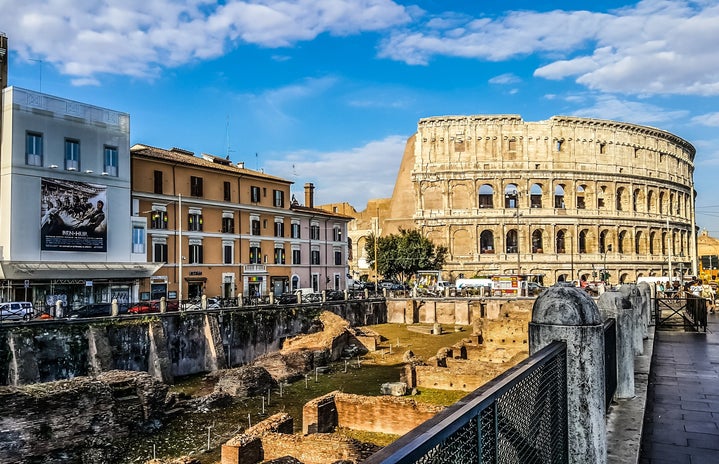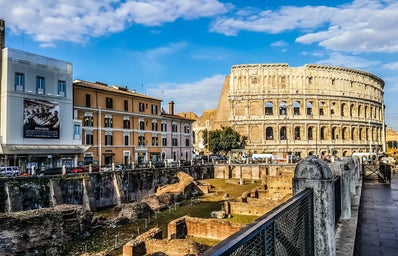On Oct. 22, the international community watched Italy swear in its first female Prime Minister, Giorgia Meloni.
The Italian parliament has a tumultuous history of changes in Prime Minister since its inception in 1945, but many around the world are concerned for the future of Italy with Meloni as the new Prime Minister.
Giorgia Meloni has led the Brothers of Italy party for the past 10 years, and is well-known for her eccentric ideological values. From 2009—2011, she served the youngest minister in Silvio Berlusconi’s government. Her policies are clear— she is anti-LGBTQ, anti-immigration and an adamant nationalist.
Meloni is from Southern Rome and as a young adult joined the Italian Social Movement and later the National Alliance, solidifying her far-right political views.
Understanding the nature of Italy’s parliamentary republic is foundational in evaluating its current political landscape. Following the demise of Benito Mussolini’s reign, Italy developed a new Constitution and parliamentary system, allowing for the creation of numerous political parties to fill the electorate. Since 1946, Italy has had 68 governments, demonstrating the dynamic nature of Italian parliaments.
Italy’s parliament is bicameral, its two houses are the Chamber of Deputies and the Senate of the Republic. The Italian parliament primarily creates laws. There are 400 deputies whose requirement is to be at least 25 years old, and 200 senators who must be 40 years old, all elected by Italian citizens that are 18 and older.
The resignation of former Prime Minister Mario Draghi and his coalition government on July 21 brought new elections, paving way for Meloni’s campaign, which was oriented toward family values and led her to win with the necessary 40% of the vote to obtain the majority of seats. Political scientists are already declaring this government to be the farthest leaning right in Italy in decades.
In the wake of Draghi’s government, the new Prime Minister is already faced with abundant challenges. Meloni will be responsible for addressing and acting against Italy’s oncoming economic recession, post-pandemic status, climate change and energy legislation, and maintaining or implementing a new response to the war in Ukraine.
Meloni’s own party, the Brothers of Italy, only received 4% of the vote in 2018, and has jumped since to recently receive 26% of the vote in this year’s election, which coupled with the other right-leaning parties Forza Italia and Salvini’s League, allowed Meloni and her coalition to win the majority of seats.
In one of her first acts as the newly elected Prime Minister, Meloni has already begun selecting ministers for her cabinet. One of her first chosen ministers has already been met with backlash from many Italians, with a well-known political stance of being anti-abortion. Meloni maintains that she will uphold abortion protection and access in legislation, while she still stands against adoptions from LGBT couples.
Ideological left constituents of Italy are fearful of what Meloni’s government will bring, while ideological right constituents are hopeful that Meloni will employ her promised campaign of nationalism. Meanwhile, the world will be watching Italy’s first Prime Minister in anticipation of international and domestic policies she will attempt to bring about.


